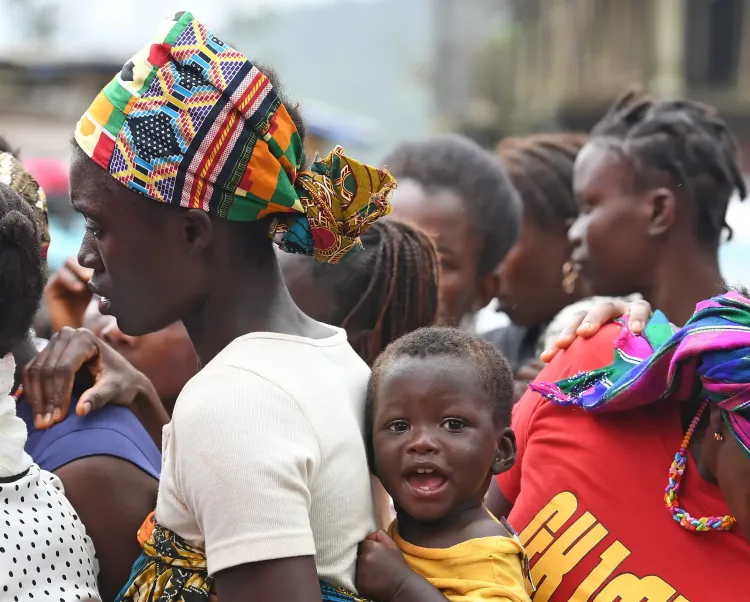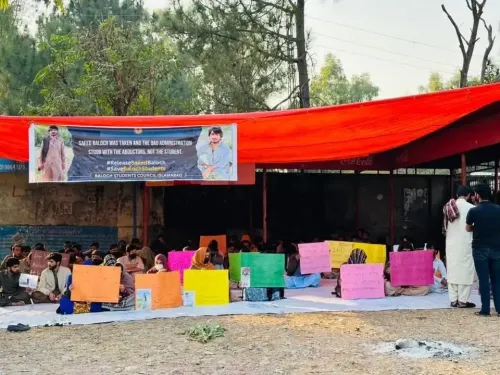Sierra Leone Reports Its Initial Case of Mpox Following Global Health Alert

Freetown, Jan 11 (NationPress) - Sierra Leone has reported its first instance of monkeypox, commonly referred to as Mpox, since the World Health Organization (WHO) proclaimed it a public health emergency of international concern in August of last year, according to the nation's health officials.
A statement from the Sierra Leone National Public Health Agency (NPHA) indicated that the individual affected is a 27-year-old male from the Western Area Rural District.
Health teams are taking prompt actions to carry out comprehensive contact tracing and investigations to pinpoint potential exposures and avert further spread of the virus, as mentioned in the statement.
Authorities have activated an incident command system to efficiently manage and control the outbreak. The actions taken include isolating the patient and providing essential medical care in a secure setting, executing thorough contact tracing, and monitoring those identified for a duration of 21 days.
Furthermore, the statement highlighted that Sierra Leone is collaborating with international entities, including the WHO, for vital technical and logistical assistance, as reported by Xinhua news agency.
The NPHA has encouraged the public to remain calm, maintain vigilance, and comply with established health protocols, stressing that collective efforts are essential for controlling the outbreak and protecting the health of the nation.
In August 2024, the WHO classified monkeypox as a Public Health Emergency of International Concern (PHEIC), raising alarms about its potential for further global transmission.
The ongoing worldwide outbreak of clade II monkeypox has led to over 100,000 cases across 122 countries, including 115 nations where monkeypox had not been previously documented.
Mpox is an infectious ailment that can manifest with symptoms such as a painful rash, swollen lymph nodes, fever, headache, muscle aches, back pain, and fatigue. Although most individuals recover fully, some may face severe health issues.
This disease is caused by the monkeypox virus (MPXV), a double-stranded DNA virus that is enveloped and belongs to the Orthopoxvirus genus in the Poxviridae family.
This family also encompasses variola, cowpox, vaccinia, and other viruses. The virus exists in two primary clades: clade I (with subclades Ia and Ib) and clade II (with subclades IIa and IIb).
The primary mode of transmission is from person to person through close contact with an infected individual, including interactions within households.
Close contact may involve skin-to-skin contact (such as touching or sexual activity), as well as mouth-to-mouth or mouth-to-skin interactions.
Additionally, it can be transmitted through face-to-face encounters, where breathing or talking near each other may produce infectious respiratory particles.









